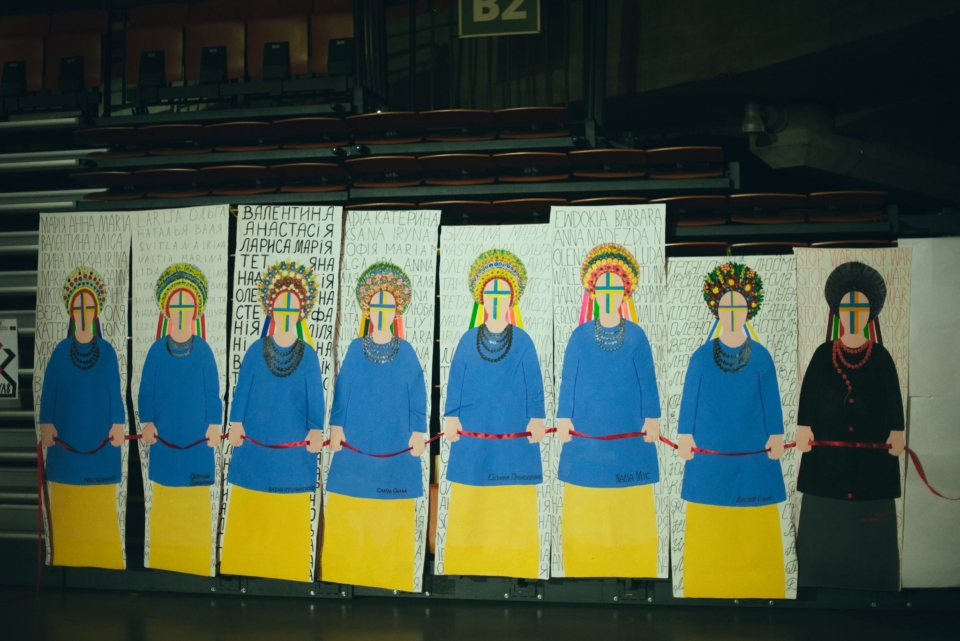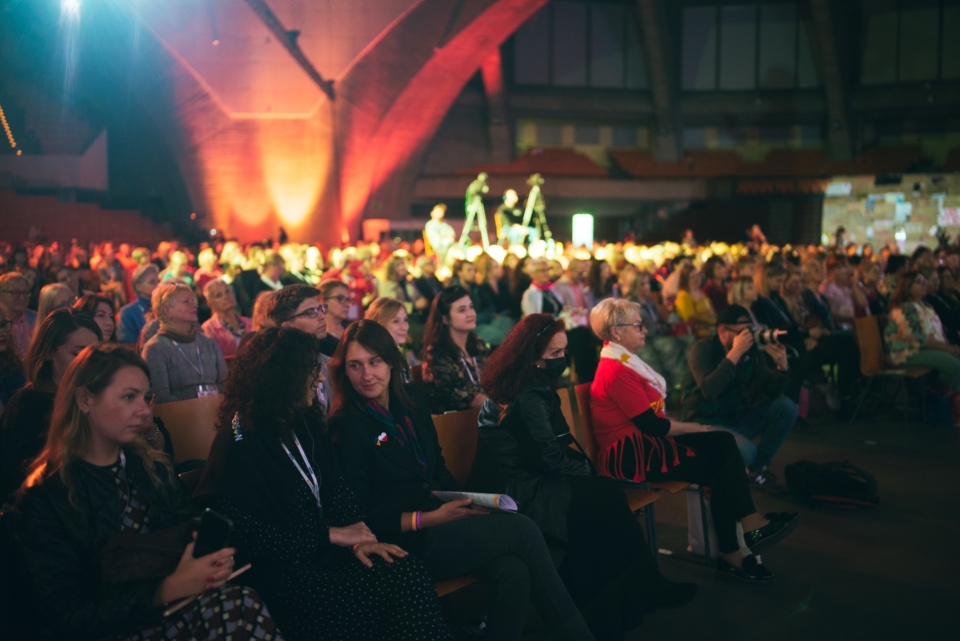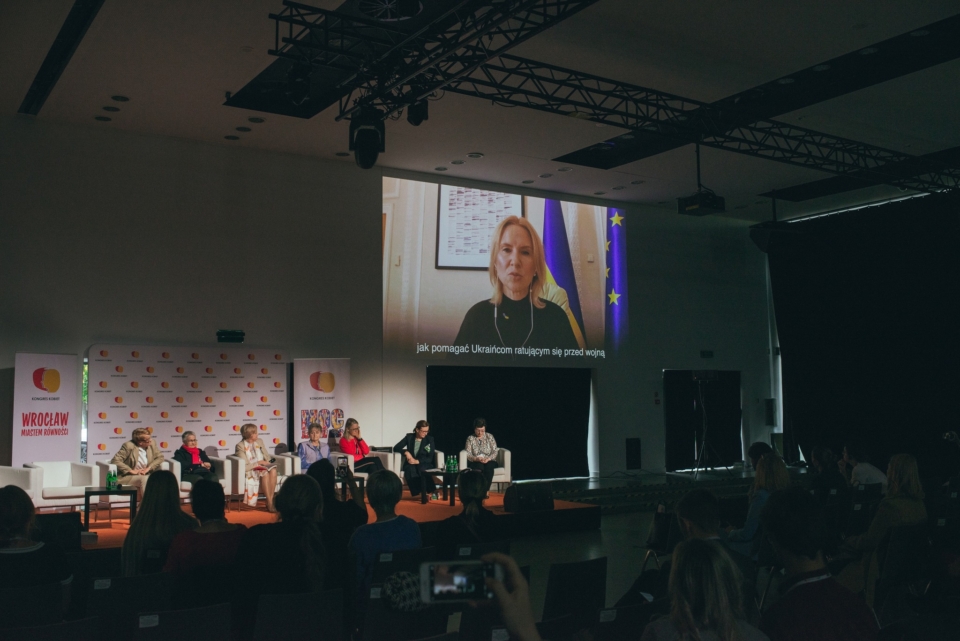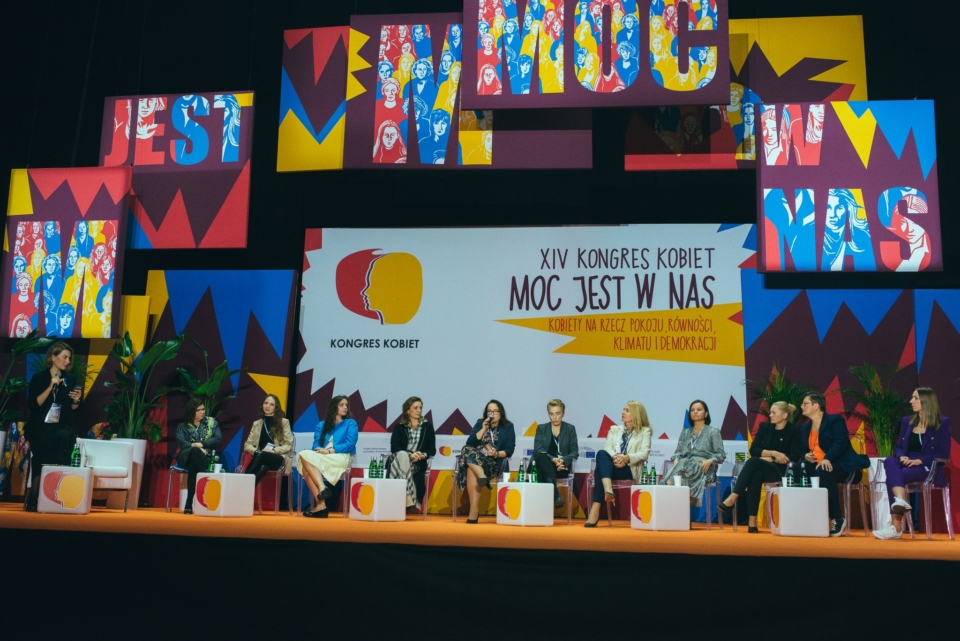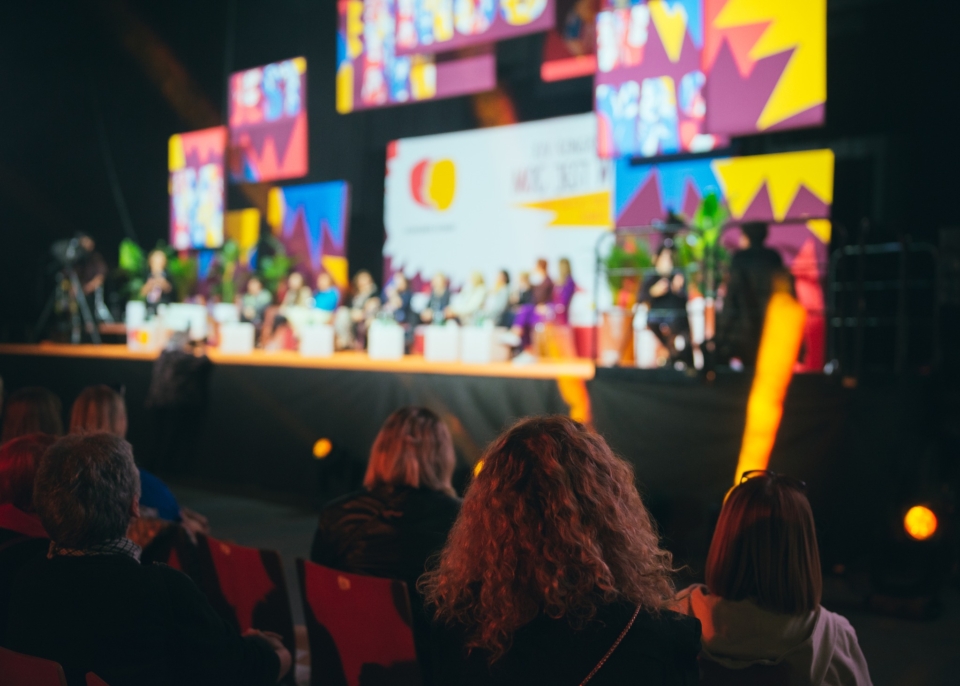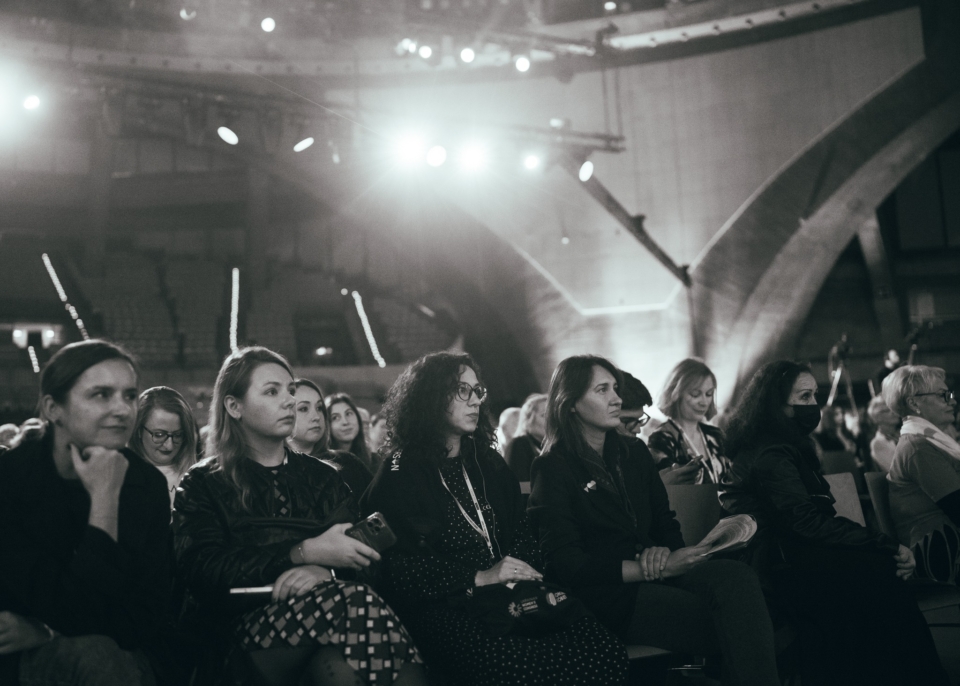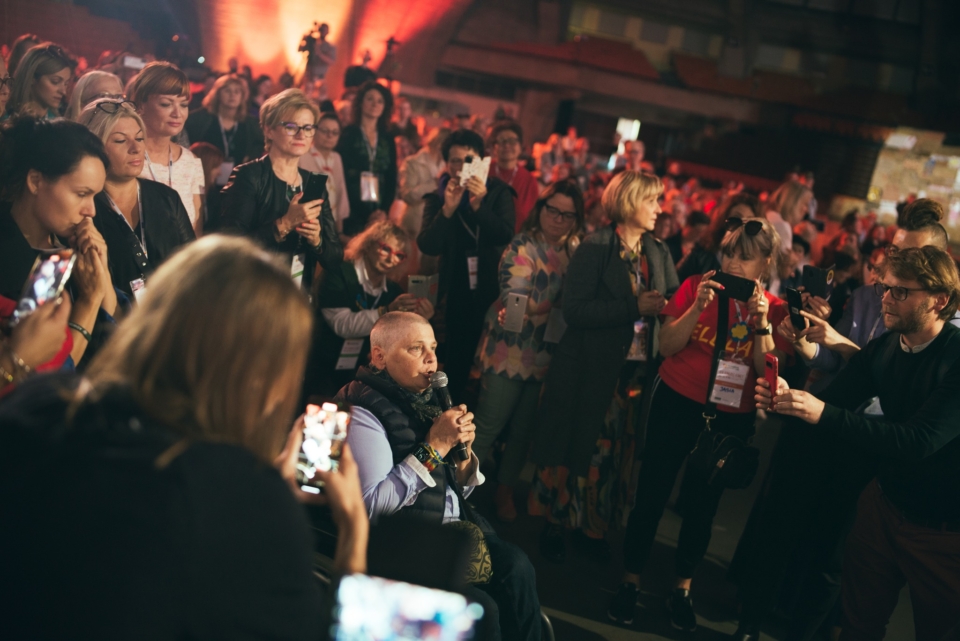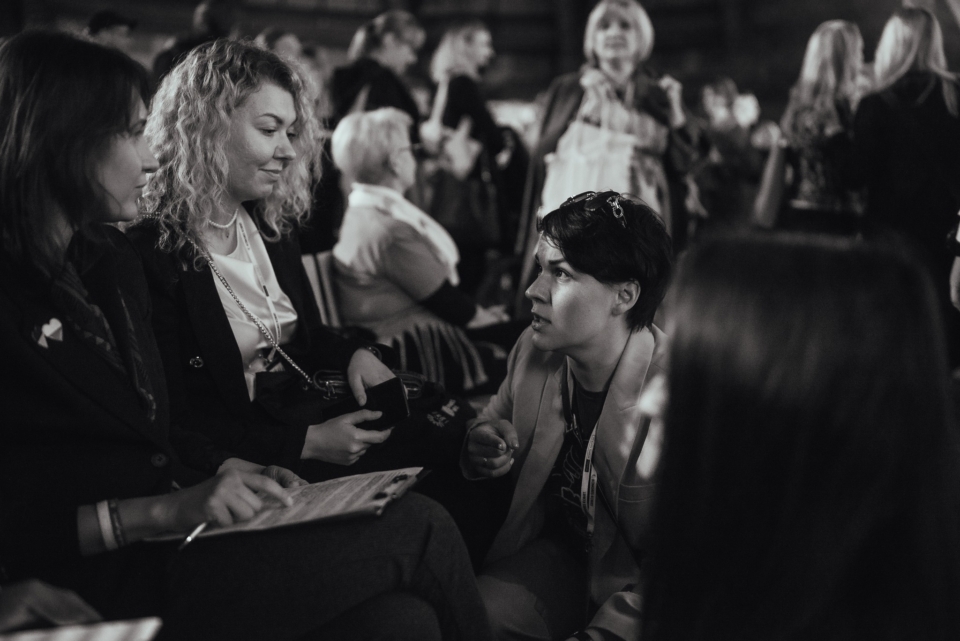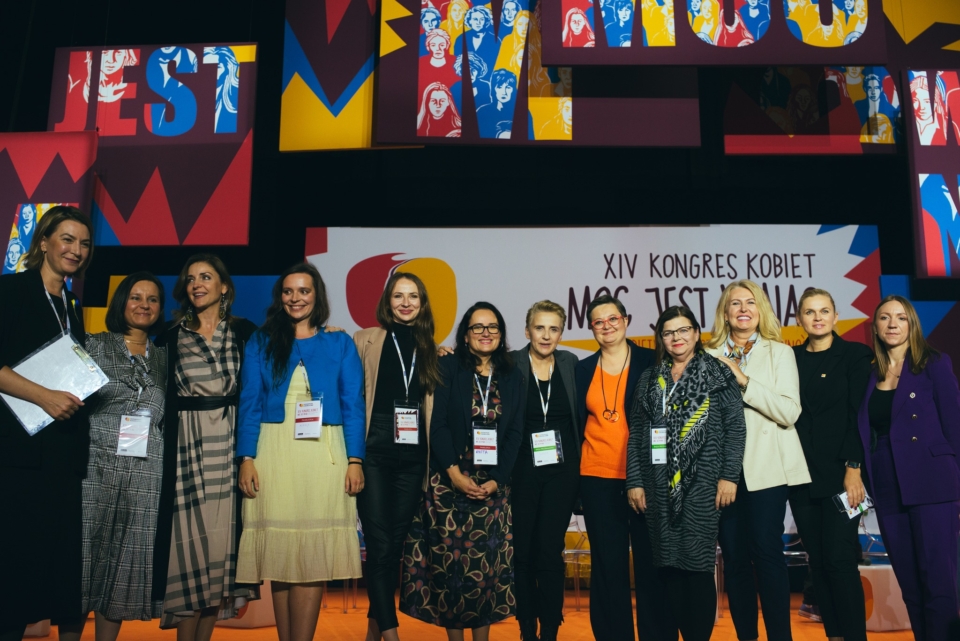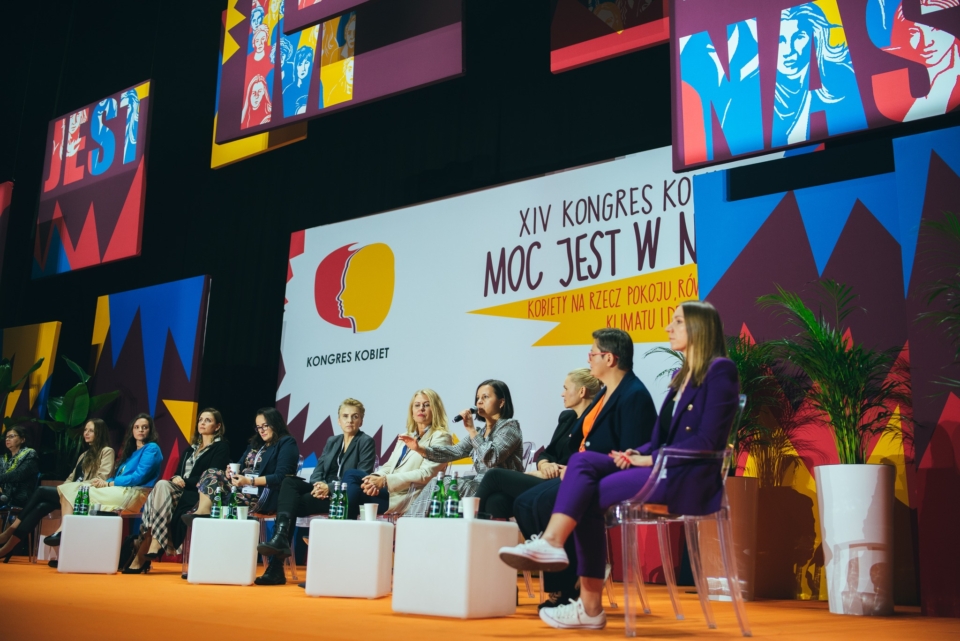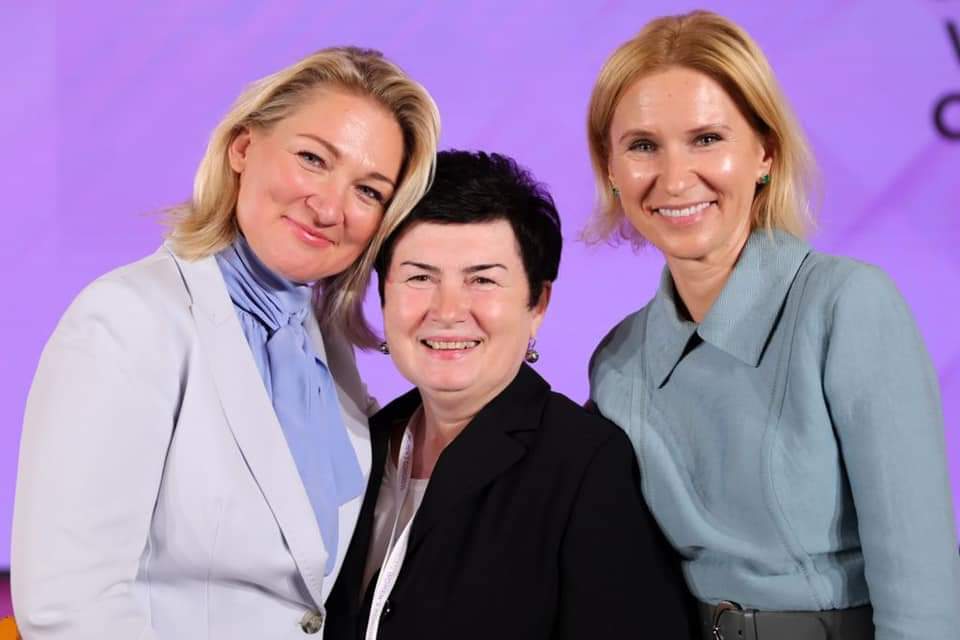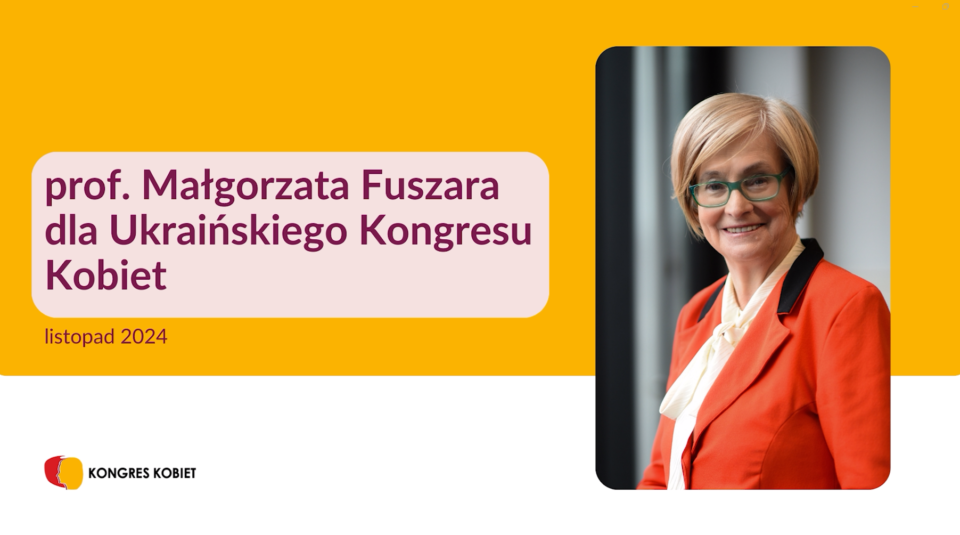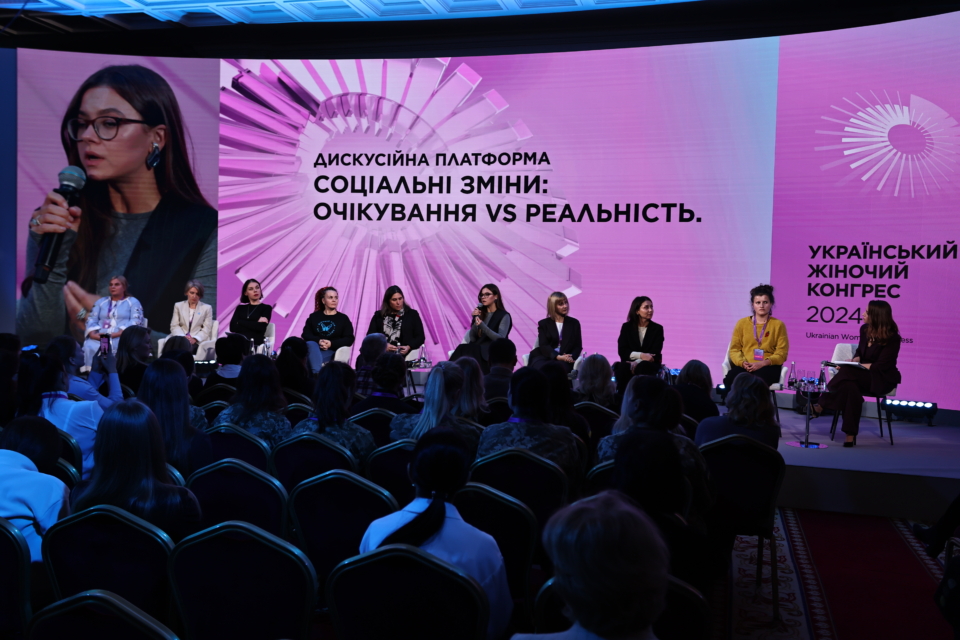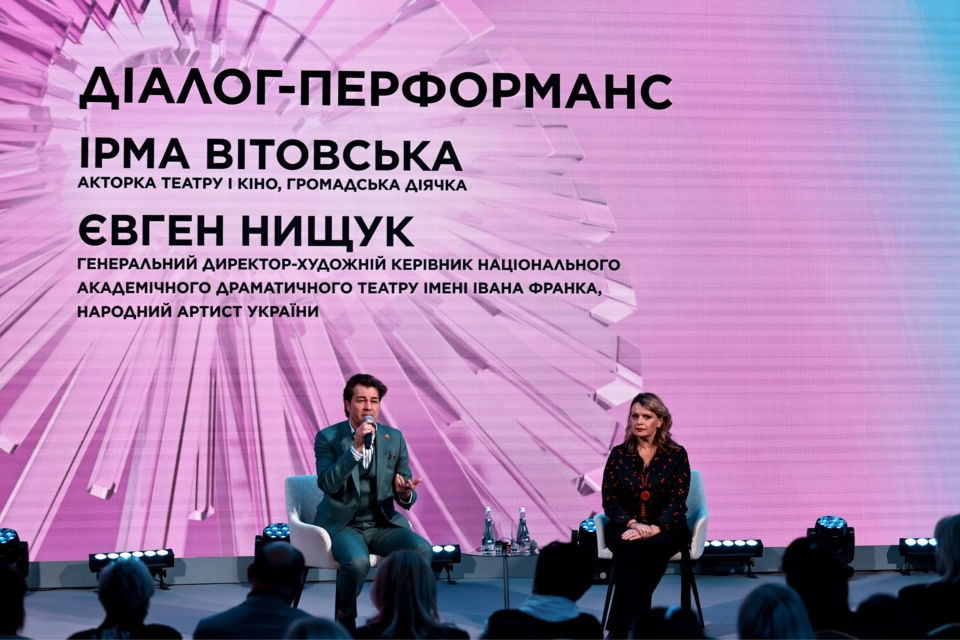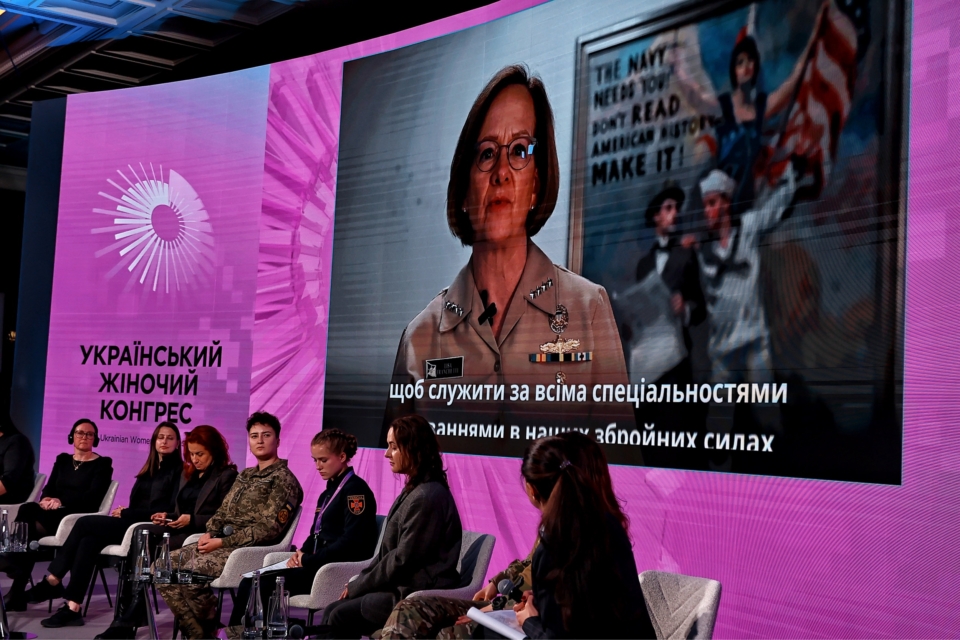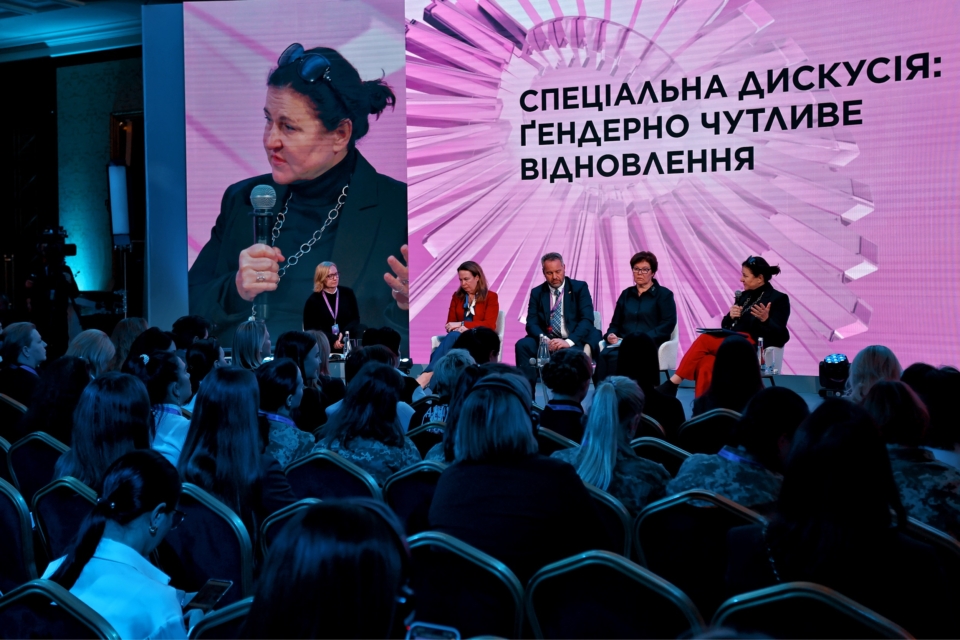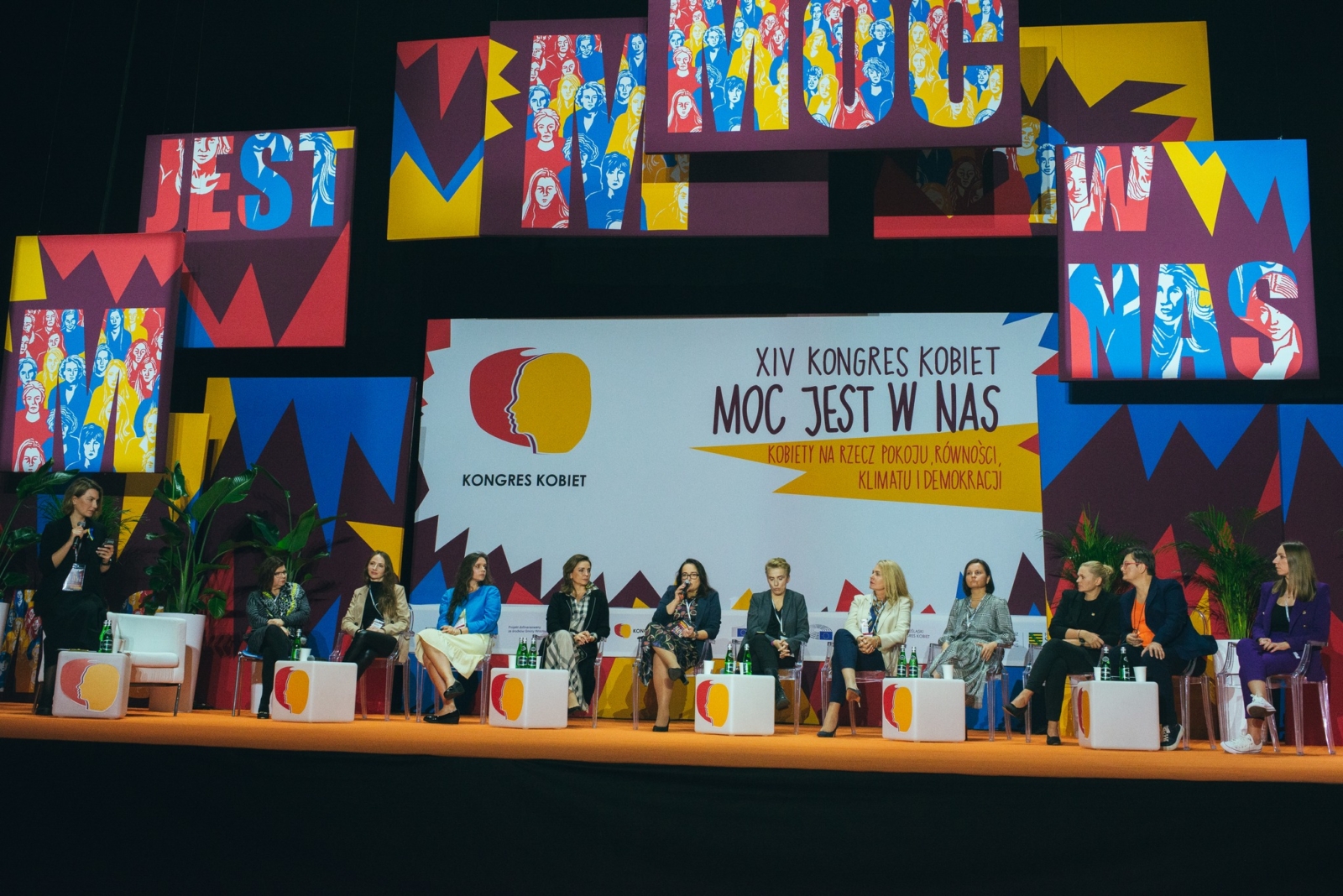
The world changed because of the war, but Poland and Ukraine proved the importance of coming together as communities.
1.2 million Ukrainians asked for protection in Poland. About 90% of Ukrainian refugees are women and children. The special law on temporary protection to foreigners guarantees Ukrainians staying in the country for up to 18 months, access to the labor market and health care, the right to study in schools and universities, as well as the right to social assistance on a par with Polish citizens.
“The history of relations with the Polish Congress of Women is long-standing. Co-chairs and participants from Ukraine have repeatedly participated in meetings in Poland. It was the activities of the Polish women’s movement that inspired us when we created the UWC. Exchange of experience, discussion of current problems have been constant for five years. It is common tasks and goals, women’s access to political and social life, issues of women’s right to choose that are unifying. During the war and the global migration of Ukrainian women to Poland, the public organizations, united by the Polish Congress, took on the huge humanitarian function of meeting, settling and warming,” said the co-founder of the Ukrainian Women’s Congress Svitlana Voitsekhovska.
“The partnership between women’s organizations, in particular, the one we built between the Ukrainian Women’s Congress and the Polish Women’s Congress, is part of Ukrainian-Polish relations and friendship between our countries. During the war and the challenges that our countries faced, such partnerships will affect not only foreign policy dimension. They will also open up opportunities to develop horizontal ties, open up new prospects for cooperation and initiate practical projects that will serve for the benefit of local communities,” says Maria Ionova, co-founder of the Ukrainian Women’s Congress.
“This year, the Congress will host plenary debates (on the economy, war, ecology, art of resistance) as well as many other events, lectures and workshops. The discussions will take place in thematic groups such as economy and equality, European values, local government, leadership, ecology, health, culture, education, sovereignty rights, feminism, motherhood, etc. The congress will also include an exhibition space as well as consulting and advisory points. Everything will end with a concert,” says Prof. Magdalena Shroda, member of the Board of the Association of the Congress of Women.
The Women’s Congress is co-organized by the Gmina Wrocław, which proves that Wrocław is a city that supports women’s participation in social, cultural and political life.
During the plenary sessions, which will open the two-day discussions, the following will take place: a discussion about the state of the world and Poland with the participation of members of the Shadow Cabinet of the the Congress of Women Association, “Women against wars and in wars for their rights” and “How to end the Anthropocene frenzy? Hopes of ecofeminism”. “The environmental disaster on the Odra River once again showed us that a lot needs to be done if we want to leave our children a world that is suitable for life,” says Eva Sufin-Jacmar, board member of the the Congress of Women Association, – “Climate and nature are at the heart of the eco-feminist vision of tomorrow that we promote.”
As the organizers emphasize, each Congress participant will leave Wrocław with special knowledge and tools that she can use in her local community to fight discrimination, and strive for gender equality and a better tomorrow.



